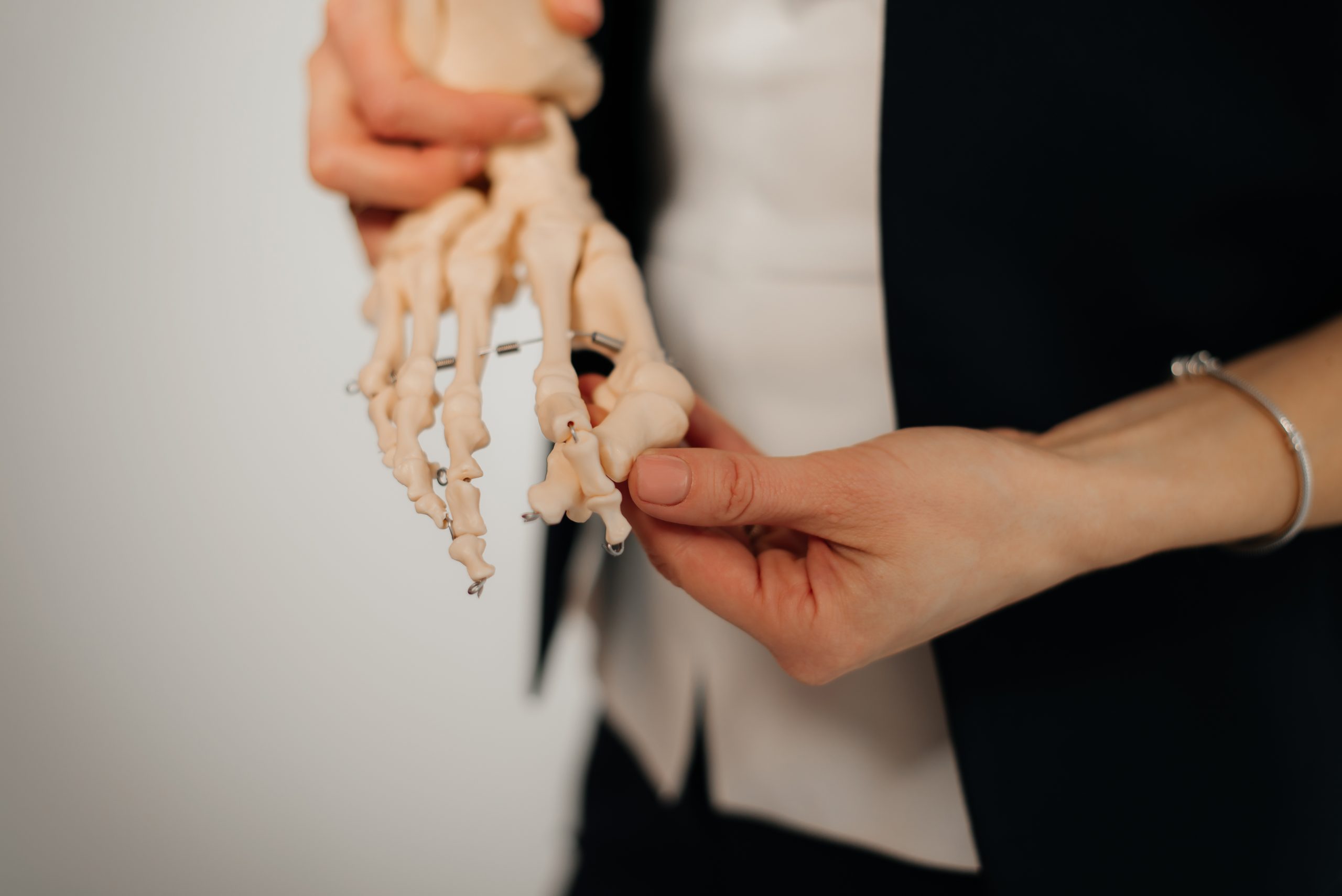What You'll Learn:
- Discover the connection between alcohol and osteoporosis and how heavy drinking can impact bone health.
- Learn how alcohol consumption weakens bones and whether or not you can drink if you have osteoporosis.
- Explore how alcohol and bone health are related and the risks associated with excessive drinking for those who have osteopenia or osteoporosis.
Osteoporosis is a condition that weakens bones, making them fragile and more likely to break. It is a serious health concern, particularly for older adults, but alcohol consumption can play a role in how this disease develops and progresses. The link between alcohol and osteoporosis is significant, especially for individuals who consume large amounts of alcohol over an extended period. Alcohol not only affects bone density but also impairs the body's ability to repair and strengthen bones.
Does Alcohol Affect Bone Density?
Yes, alcohol affects bone density in a variety of ways. Excessive alcohol consumption interferes with the balance of calcium, a critical nutrient needed to maintain strong bones. It can also reduce the body's ability to absorb calcium, which further weakens bones. Over time, this deficiency contributes to lower bone mass, leading to conditions such as osteopenia or osteoporosis.
Can Alcohol Cause Osteoporosis?
The short answer is yes—alcohol can cause osteoporosis or at least contribute to its development. Heavy and prolonged alcohol use disrupts the normal processes that maintain bone health. Normally, your bones are constantly being broken down and rebuilt through a process called remodeling. Alcohol disrupts this cycle by slowing down bone formation and speeding up bone loss. The result is weaker bones that are more prone to fractures and breaks.
Alcohol and Osteopenia: A Precursor to Osteoporosis
Osteopenia is a condition where bone density is lower than normal but not low enough to be classified as osteoporosis. However, osteopenia can progress into osteoporosis if bone health continues to deteriorate. Alcohol and osteopenia are closely linked because drinking can accelerate bone loss, making it harder to stop the progression to osteoporosis. For those diagnosed with osteopenia, limiting alcohol consumption is a critical step in protecting bone health.
How Alcohol Weakens Bones
Excessive alcohol consumption impacts bones in several ways. First, alcohol impairs the function of osteoblasts, the cells responsible for building new bone. At the same time, it increases the activity of osteoclasts, the cells that break down bone tissue. This imbalance means that more bone is being broken down than built up, leading to a reduction in bone density.
In addition to this, chronic alcohol use can lead to nutritional deficiencies, particularly in calcium and vitamin D, which are essential for bone strength. People who drink heavily are also more prone to falls, increasing the risk of fractures.
Alcohol and Hormonal Changes
Another way alcohol affects bone density is through its impact on hormone levels. For example, alcohol lowers estrogen levels in women and testosterone levels in men—both hormones play an essential role in maintaining bone strength. Reduced estrogen levels, particularly after menopause, already contribute to osteoporosis in women. Adding alcohol to the equation increases the risk of rapid bone loss and fractures.
Can You Drink Alcohol if You Have Osteoporosis?
The general recommendation is to limit or avoid alcohol if you have osteoporosis. Drinking alcohol in moderation—typically defined as up to one drink per day for women and two drinks per day for men—might not pose a significant risk. However, heavier drinking can worsen the condition, increase the likelihood of fractures, and interfere with medications prescribed for osteoporosis.
The Connection Between Alcohol and Fractures
In addition to weakening bones, alcohol also increases the risk of falls and accidents, which can lead to fractures. People with osteoporosis are already at a higher risk of breaking a bone, and alcohol can impair balance, coordination, and reaction time, making falls more likely. These falls can result in fractures that take longer to heal due to the weakened state of the bones.
Alcohol and Osteoporosis Medications
Many medications prescribed for osteoporosis are designed to slow bone loss or increase bone density. Alcohol can interfere with these medications, making them less effective. It can also increase the likelihood of side effects. For individuals on osteoporosis medications, it’s important to speak with a healthcare provider about safe alcohol consumption levels.
How Long Does It Take for Alcohol to Affect Bone Health?
The timeline for alcohol to affect bone health varies based on the amount and frequency of consumption. Chronic heavy drinking over years is most likely to result in significant bone density loss. However, even moderate drinking can have a negative impact on bone health, particularly if combined with other risk factors like poor diet or lack of exercise. The longer alcohol use continues, the greater the risk of developing osteoporosis or worsening bone health.
How to Protect Your Bones If You Drink Alcohol
If you’re concerned about alcohol and bone health but are not ready to give up alcohol entirely, there are steps you can take to protect your bones. Limit your alcohol intake to moderate levels, and ensure you are consuming enough calcium and vitamin D through diet or supplements. Weight-bearing exercises, such as walking, jogging, or lifting weights, can also help strengthen your bones. Additionally, talk to your doctor about your alcohol use and how it may impact your bone health.
The Risks of Alcohol and Bone Health
The relationship between alcohol and osteoporosis is clear—excessive alcohol consumption can lead to weakened bones and an increased risk of fractures. Over time, chronic alcohol use can reduce bone density, making it more likely that individuals will eventually develop osteopenia or osteoporosis.
Protecting your bone health is critical, especially if you have risk factors for osteoporosis. Limiting alcohol, maintaining a healthy diet rich in calcium and vitamin D, and engaging in regular physical activity can all help safeguard your bones.
If you're struggling with alcohol use and concerned about the effects on your bone health, it’s important to seek help. Our team at American Recovery is here to provide support and guidance on reducing alcohol consumption and improving overall health. Contact us today at 866-484-2502 to take the first step toward protecting your bones and your well-being.


